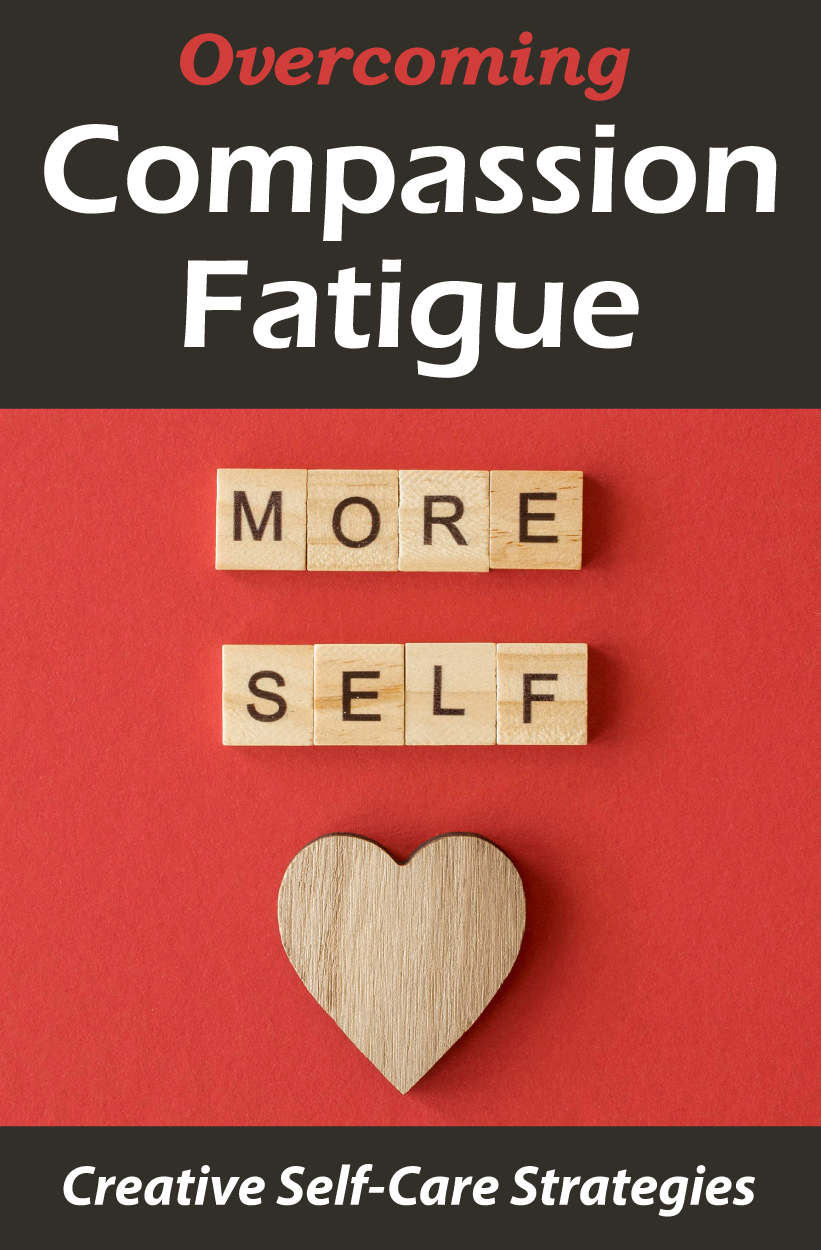We are launching our new website logins, account creation, and purchases are restricted. Any course activity is not being recorded until the new site has launched. Expected Launch Time 8:00pm EST Nov 20th.
$29

Related Courses

Overcoming Compassion Fatigue: Creative Self-Care Strategies
Psychological Effects of Ostracism
Claire Dorotik-Nana, LMFT
CE Credit: 2 Hours
Target Audience: Psychology CE | Counseling CE | Social Work CE | Occupational Therapy CEUs | Marriage & Family Therapy CE | School Psychology CE | Teaching CE
Learning Level: Introductory
Course Abstract
Psychological Effects of Ostracism is a 2-hour online continuing education (CE/CEU) course that explores the effects of ostracism and social exclusion in both children and adults - in the real world, and online.
This course will explore the reasons why ostracism occurs – from feelings of moral superiority to differences in physical appearance, and even the idea that ostracism is necessary to insure social cooperation. We will then examine the ways in which ostracism leads to feelings of aggression, hostility, the tendency to endorse extreme beliefs, physical effects such as increased stress hormones, decreased immunity and decreased pain tolerance, and disrupts cognitive function often impairing our ability to work.
We will then explore the ways in which ostracism exists online – often known as “cybermobbing” – and the related psychological effects. From there, we will turn our attention to the compensatory behaviors that often result from being ostracized – from decreased self-control and potentially delinquent behavior, to victimization of weaker others, and exaggerated attention seeking behaviors.
Lastly, we will look at the steps clinicians can take to help clients overcome the effects of ostracism – from broadening the social network, restoring values, getting creative, and even some alternative forms of treatment. This section also includes exercises that you can use with clients in session to help restore their sense of belonging, identify unknown strengths and quite possibly, even find psychological growth in the challenging experience of ostracism.
Course #21-36 | 2019 | 40 pages | 15 posttest questions
Learning Objectives
Professional Development Resources is approved by the American Psychological Association (APA) to sponsor continuing education for psychologists. Professional Development Resources maintains responsibility for all programs and content. Professional Development Resources is also approved by the National Board of Certified Counselors (NBCC ACEP #5590); the Association of Social Work Boards (ASWB Provider #1046, ACE Program); the Continuing Education Board of the American Speech-Language-Hearing Association (ASHA Provider #AAUM); the American Occupational Therapy Association (AOTA Provider #3159); the Commission on Dietetic Registration (CDR Prior Approval Program); the New York State Education Department’s State Board for Psychology as an approved provider of continuing education for licensed psychologists (#PSY-0145), State Board for Mental Health Practitioners as an approved provider of continuing education for licensed mental health counselors (#MHC-0135) and marriage and family therapists (#MFT-0100), and the State Board for Social Workers as an approved provider of continuing education for licensed social workers (#SW-0664); the Texas Board of Examiners of Marriage and Family Therapists (#114) and State Board of Social Worker Examiners (#5678); and is CE Broker compliant (#50-1635 - all courses are reported within two business days of completion).
This online course provides instant access to the course materials (PDF download) and CE test. The course is text-based (reading) and the CE test is open-book (you can print the test to mark your answers on it while reading the course document).
Successful completion of this course involves passing an online test (80% required, 3 chances to take) and we ask that you also complete a brief course evaluation. Click here to learn more.
Have a question? Contact us. We’re here to help!
Claire Dorotik-Nana, LMFT, is a Licensed Marriage and Family Therapist who specializes in post-traumatic growth, optimal performance, and wellness. She is licensed to practice in California and Colorado. Claire earned her BS in Kinesiology and worked as a personal trainer for years before becoming a course developer for International Sports Science Association. Claire is always thinking about ways to improve physical fitness and nutrition as a modality for improving mental health. She also writes in her popular blog, Leveraging Adversity on Psychcentral.
Disclosure:
Financial: Claire Nana receives author compensation from Professional Development Resources.
Nonfinancial: No relevant nonfinancial relationships exist.
Customer Reviews